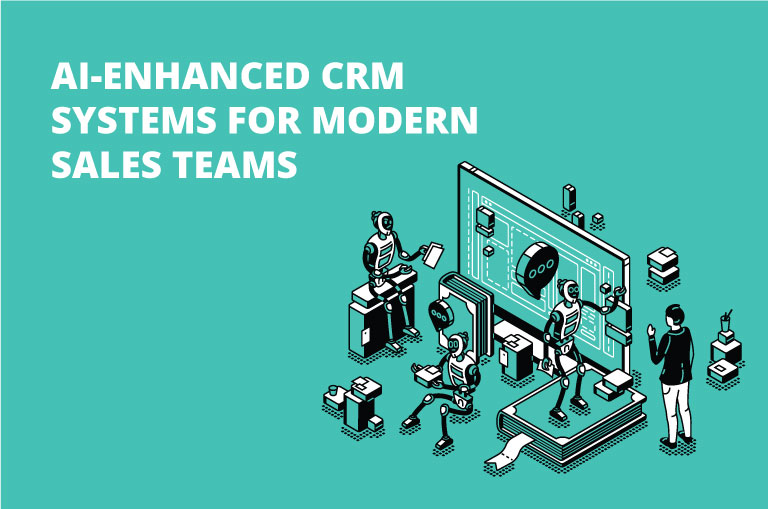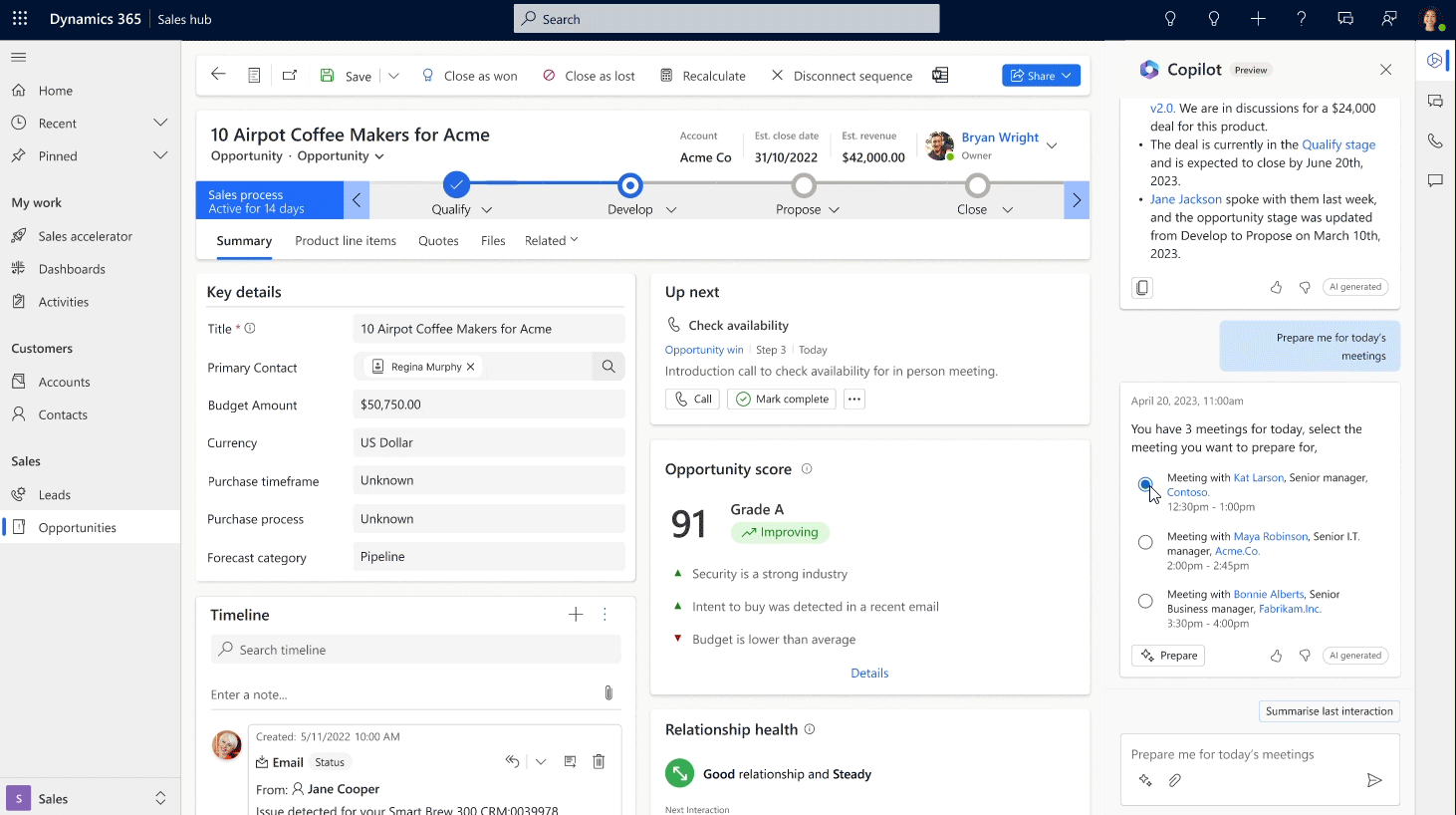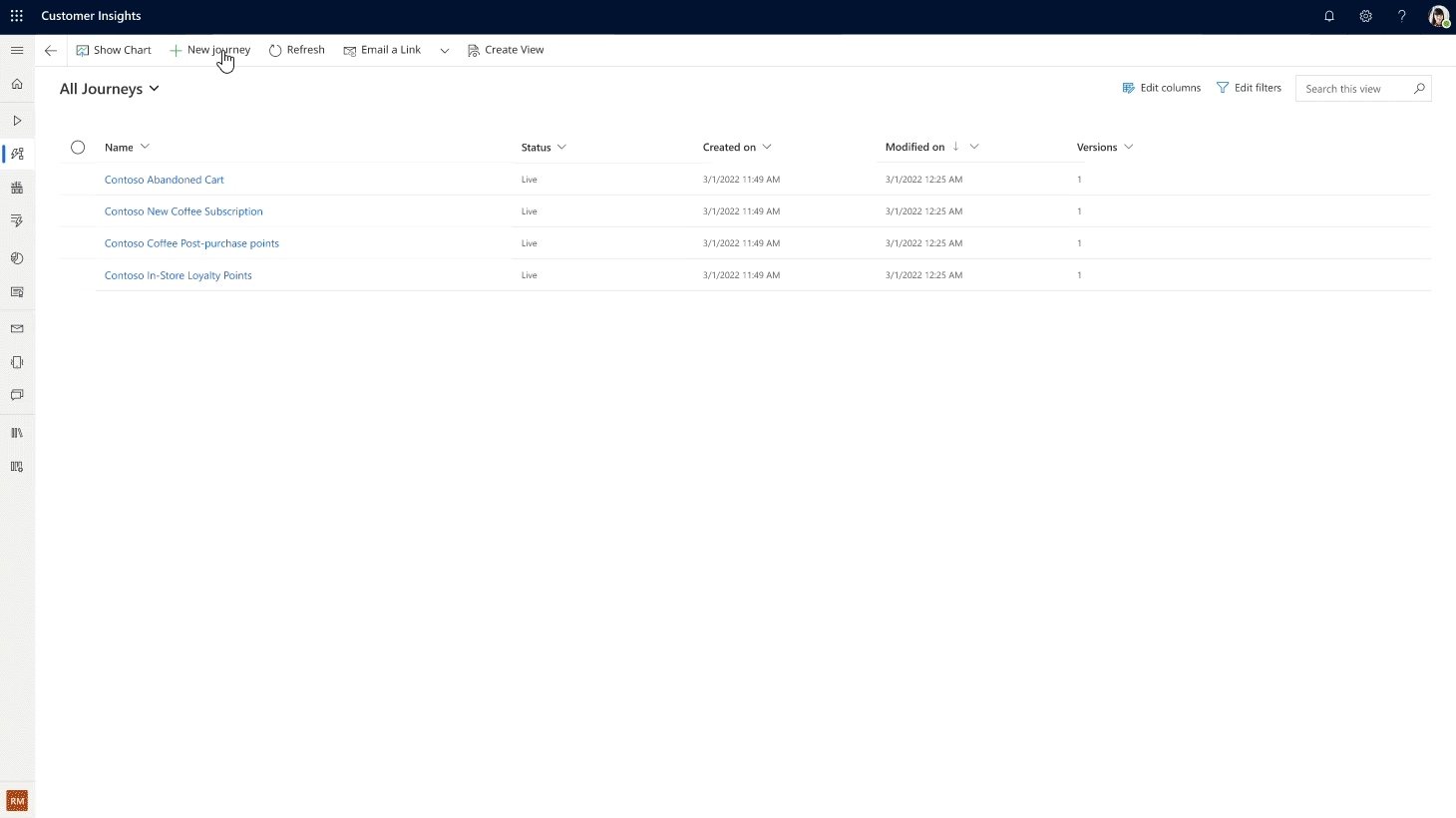AI-Enhanced CRM Systems for Modern Sales Teams
How can today’s business leaders transform customer relations and drive unprecedented sales growth? In the dynamic realm of modern commerce, CRM systems stand as pivotal enablers, revolutionizing how companies interact with their clientele. The advent of AI and Machine Learning has ushered these systems into a new era, where they transcend traditional data management to offer predictive insights and personalised experiences.
In the competitive sphere of sales, the nuanced understanding of customer preferences and the delivery of tailored solutions can significantly tilt the scales of business success. AI’s integration into CRM platforms is forging pathways to more strategic and efficient sales methodologies, empowering teams to harness the power of informed decision-making and nuanced customer engagement.
Leading this transformative journey, Microsoft has emerged as a vanguard, imbuing its CRM offerings with cutting-edge AI capabilities. These advancements equip sales teams with the foresight to pre-empt customer needs, customise interactions, and optimise operational workflows, thereby elevating the benchmarks for digital-age customer relationship management.

This article aims to demystify the impact of AI-enhanced CRM systems on contemporary sales forces, spotlighting Microsoft's pivotal role in this revolution. Additionally, we will dissect the vital process of data preparation, a foundational step to ensuring the seamless functionality and maximum efficacy of AI within CRM ecosystems.
The Integration of AI in CRM Systems - By the Numbers
The convergence of AI and CRM is markedly reshaping the sales landscape, as evidenced by recent statistics and research findings.
A considerable transformation is noted with 69% of sales professionals predicting that by 2024, AI will become an integral part of their work, underscoring the escalating integration of AI within CRM systems to enhance sales efficiency and customer insights. The expectations are mounting, with 68% foreseeing that most of the software utilised will encompass AI capabilities, indicating a future where AI integration becomes indispensable for sales triumph.
Additionally, sales professionals report an average time saving of two hours and 15 minutes daily by utilising AI for the automation of manual tasks. This significant saving illustrates AI's value in enabling sales staff to concentrate more on strategic activities centred around relationship building rather than on administrative duties.
The influence of AI extends beyond mere efficiency. A survey by HubSpot indicated that 61% of sales teams that surpassed their revenue targets employ automation, including AI, in their sales processes. This linkage between the use of AI and sales achievement exemplifies the crucial role of automation and AI in fostering sales growth and productivity.
Moreover, the trajectory of the industry is unmistakably leaning towards AI-enhanced sales operations, with AI identified as one of the top tools that have significantly increased in value from 2019 to 2022. Forecasts by Forrester further back this trend, estimating the market for AI-powered platforms to reach $37 billion by 2025.
These statistics highlight an evident trend: the future of sales is intertwined with intelligent, AI-driven CRM solutions. Businesses adapting to this evolution stand to gain immense benefits, from improved efficiency and time savings to deeper customer insights and higher sales conversion rates. As the landscape evolves, the amalgamation of AI in CRM systems is set to become a pivotal factor in the success of sales strategies.
AI Features in Modern CRM Systems for Sales Professionals
The integration of AI into CRM systems, particularly through platforms like Microsoft Dynamics 365, is transforming the sales landscape. These technologies provide sales professionals with powerful tools to enhance efficiency and customer engagement.

Predictive Lead Scoring: AI helps in prioritising leads by analysing past interactions and sales data. This strategic application ensures that efforts are directed towards leads with higher conversion probabilities, significantly enhancing sales outcomes.
Automated Data Entry and CRM Maintenance: Advanced AI functionalities within CRM systems streamline data management by automatically capturing and updating information from customer interactions. This efficiency reduces manual data entry, allowing sales professionals to allocate more time to strategic activities.
Next-Best-Action Recommendations: CRM systems, enhanced by AI, offer personalised recommendations for sales actions. These tailored suggestions assist sales representatives in meeting customer needs more effectively, improving engagement and fostering stronger relationships.
Conversation Intelligence: AI capabilities include transcribing and analysing sales conversations to provide actionable insights. This feature enables sales teams to better understand customer sentiments and tailor their communication strategies accordingly.

Sales Forecasting: AI's predictive capabilities extend to forecasting sales trends, aiding professionals in setting realistic goals and planning future strategies. This insight is crucial for efficient resource allocation and strategic planning.
By adopting AI-driven tools like Microsoft Dynamics 365 and Dynamics 365 Copilot, sales professionals can harness a wealth of features designed to streamline sales processes and enhance customer interactions. From predictive analytics and automated data management to personalised engagement strategies and advanced forecasting, these technologies empower sales teams to achieve greater success and foster lasting customer relationships.
Data Preparation for AI in CRM - Essentials and Checklist
Preparing your data for AI integration within CRM systems is a critical step towards ensuring the efficiency and accuracy of AI-powered tools. The process involves several crucial stages aimed at enhancing the quality and relevance of your data, making it suitable for AI analysis and application.
Firstly, data cleaning is essential as it ensures that the data fed into AI systems is accurate and free of errors. This includes identifying and rectifying inaccuracies, removing duplicates, and eliminating irrelevant data points that could skew AI outcomes.
Next, data integration involves consolidating information from diverse sources into a single, cohesive CRM system. This unified approach helps in creating a comprehensive view of each customer, enabling more effective and personalised AI-driven strategies.
Additionally, data enrichment plays a vital role by supplementing existing CRM data with external insights, thereby providing a deeper understanding of customer behaviours and preferences. This enriched data allows AI tools to deliver more precise and customised experiences.
Furthermore, data segmentation allows businesses to organise their data into distinct groups based on specific criteria such as purchase history, customer behaviour, or demographic information. This segmentation enables AI to perform targeted analyses, leading to more effective marketing and sales efforts.
Lastly, ensuring data privacy and compliance with regulatory standards like GDPR is indispensable. Proper data management practices must be implemented to protect sensitive information and maintain customer trust.
Data Preparation Checklist:
- Data Audit: Assess all available data sources for quality and completeness.
- Clean Data: Eliminate duplicate entries, correct errors, and remove irrelevant data.
- Integrate Data: Merge data from various sources to provide a unified customer view.
- Enrich Data: Enhance CRM data with additional external information for a fuller customer profile.
- Segment Data: Organise your data into meaningful categories for targeted analysis.
- Ensure Compliance: Adhere strictly to data protection laws and regulations.
- Employee Training: Educate your team on best practices for data handling and AI tool usage.
By following this checklist, businesses can ensure that their CRM data is well-prepared for AI integration, leading to more effective and efficient customer relationship management and sales strategies.
Implementing AI-Enhanced CRM Systems
Implementing AI-enhanced CRM systems can significantly improve sales efficiency and customer relationship management. However, integrating AI features into existing CRM systems requires a structured approach. Here’s a step-by-step guide tailored for integrating AI functionalities, particularly focusing on leveraging Microsoft technologies for seamless integration.
- Assess and Plan: Begin by evaluating your current CRM system and processes to identify areas where AI can add the most value. Plan your AI integration focusing on these areas, considering Microsoft's AI capabilities within Dynamics 365 and other related technologies.
- Data Preparation: As previously discussed, prepare your data for AI integration. Ensure your CRM data is clean, integrated, and segmented. Microsoft tools can assist in this process, ensuring your data is ready for AI application.
- Choose AI Solutions: Select the appropriate Microsoft AI solutions that align with your business needs. Dynamics 365 AI offers various tools tailored for sales, customer service, and marketing. Identify which solutions match your objectives.
- Integration and Configuration: Integrate the selected AI tools with your existing CRM system. This may involve configuring the Dynamics 365 AI applications to work seamlessly with your current setup. Utilise Microsoft’s guidelines and resources for guidance on this process.
- Training and Testing: Train your team on the new AI features, focusing on how they complement existing workflows. Conduct testing to ensure the AI integration works correctly and provides the expected benefits.
- Monitor and Optimise: Once implemented, continuously monitor the AI-enhanced system. Collect feedback and use it to refine and optimise the AI functionalities to better meet your sales and CRM objectives.
Challenges and Solutions: During implementation, you may face challenges such as data compatibility issues or user resistance. Address these by ensuring comprehensive data preparation and providing thorough training to users. Microsoft’s implementation support resources can offer solutions and guidance through common integration challenges.
For detailed support and resources from Microsoft regarding AI integration, you can visit their official Dynamics 365 AI guidance and support page.
By following these steps, businesses can successfully implement AI-enhanced CRM systems, leveraging Microsoft technologies to drive better sales outcomes and improved customer relationships.
Conclusion
The exploration into AI-enhanced CRM systems unveils a future where modern sales teams are endowed with unparalleled tools and capabilities. Integrating AI into CRM platforms, exemplified by Microsoft Dynamics 365, unveils a new epoch in customer relationship management where predictive analytics, personalised engagement, and operational efficiency form the cornerstones of sales strategies.
The advantages of adopting AI within CRM systems are manifold and significant. From automating routine tasks to uncovering deeper insights into customer behaviour, AI empowers sales teams to concentrate on their core competencies: selling. It converts raw data into actionable intelligence, enabling sales professionals to predict customer needs and devise customised solutions that resonate on a personal level.
However, transitioning to AI-powered CRM presents challenges. It necessitates a robust foundation of clean, integrated, and segmented data, alongside a dedication to continuous learning and adaptation. Yet, the prospective rewards far outweigh these obstacles, promising a future where sales processes are not just more efficient but also more human-centric.
Looking ahead, the evolution of AI in CRM is set to redefine the sales landscape even further. It heralds a future where AI and human creativity converge to create a customer experience that is as seamless as it is enriching. For businesses prepared to undertake this transformative journey, the time to act is now. Embracing AI within CRM systems is not merely an investment in technology—it's an investment in a future where personalised customer relationships are the benchmark of business success.
If your business is considering the implementation of AI-enhanced CRM systems, exploring how these solutions can be tailored to your specific needs is crucial. For more information on how Microsoft Dynamics 365 can elevate your CRM strategy, check out Microsoft Dynamics 365 Delivery Services. This resource offers insights into the services that can guide you through the integration process, ensuring a seamless transition to a more intelligent and customer-centric CRM approach.

